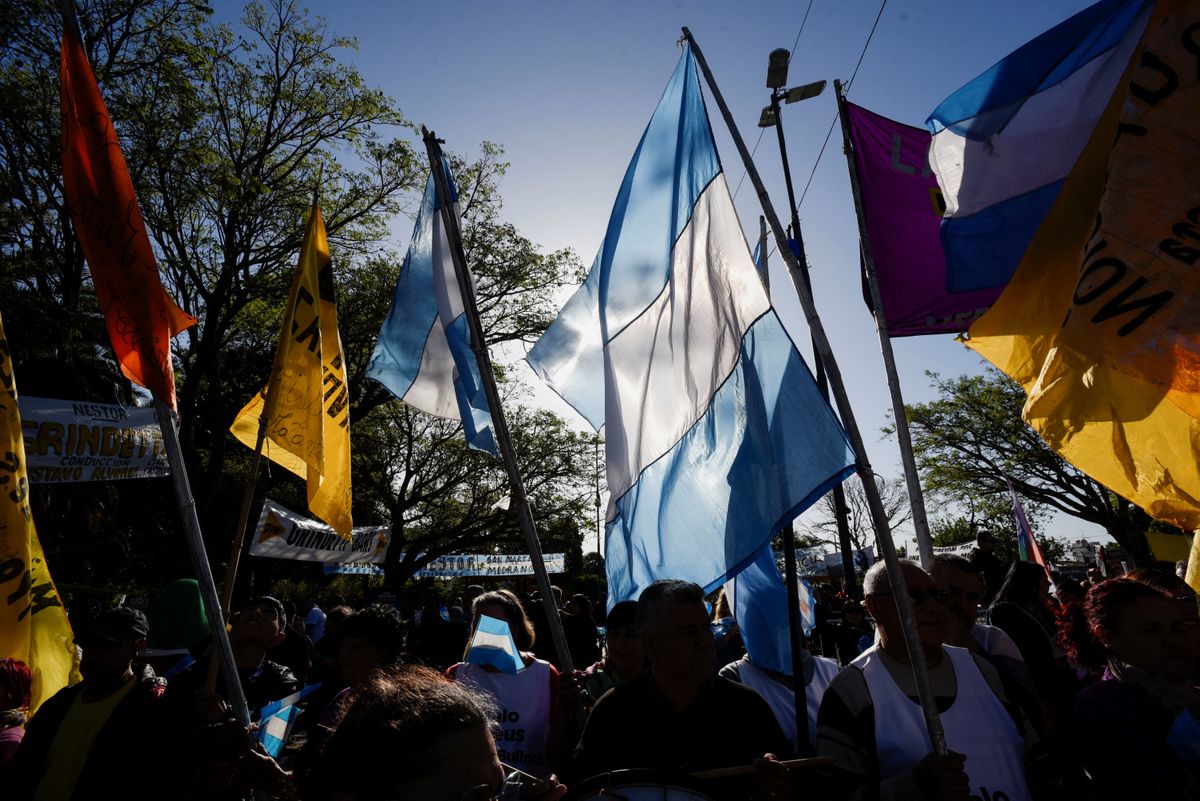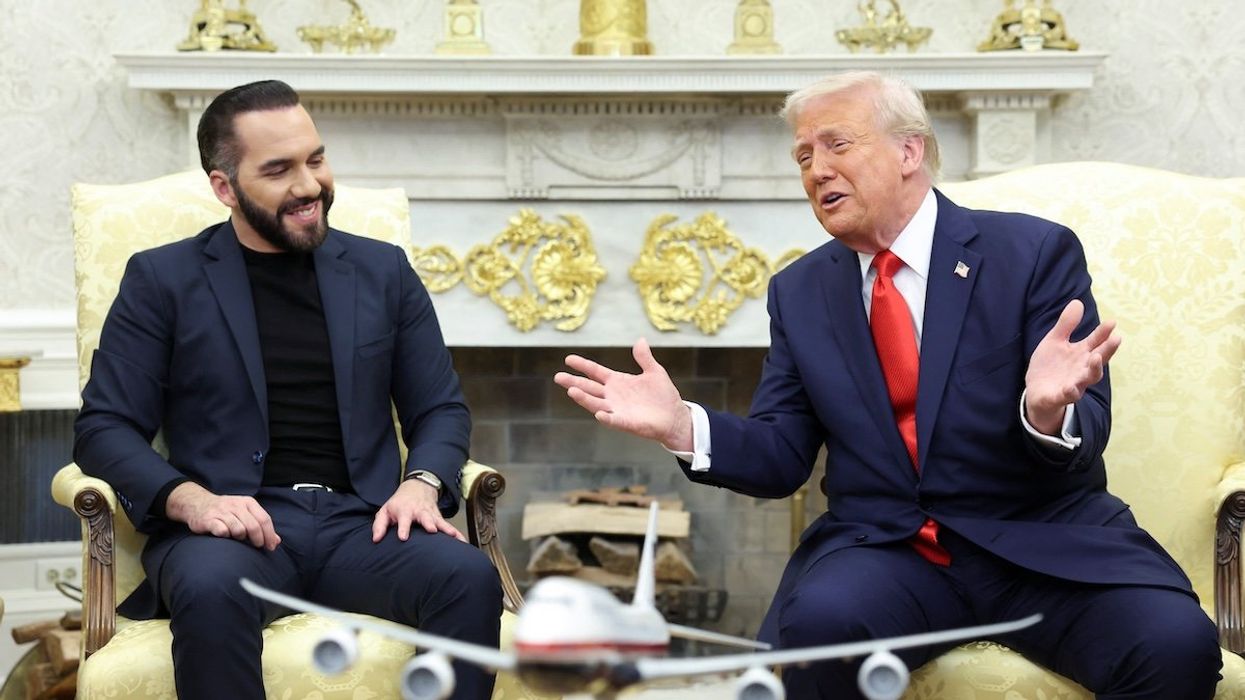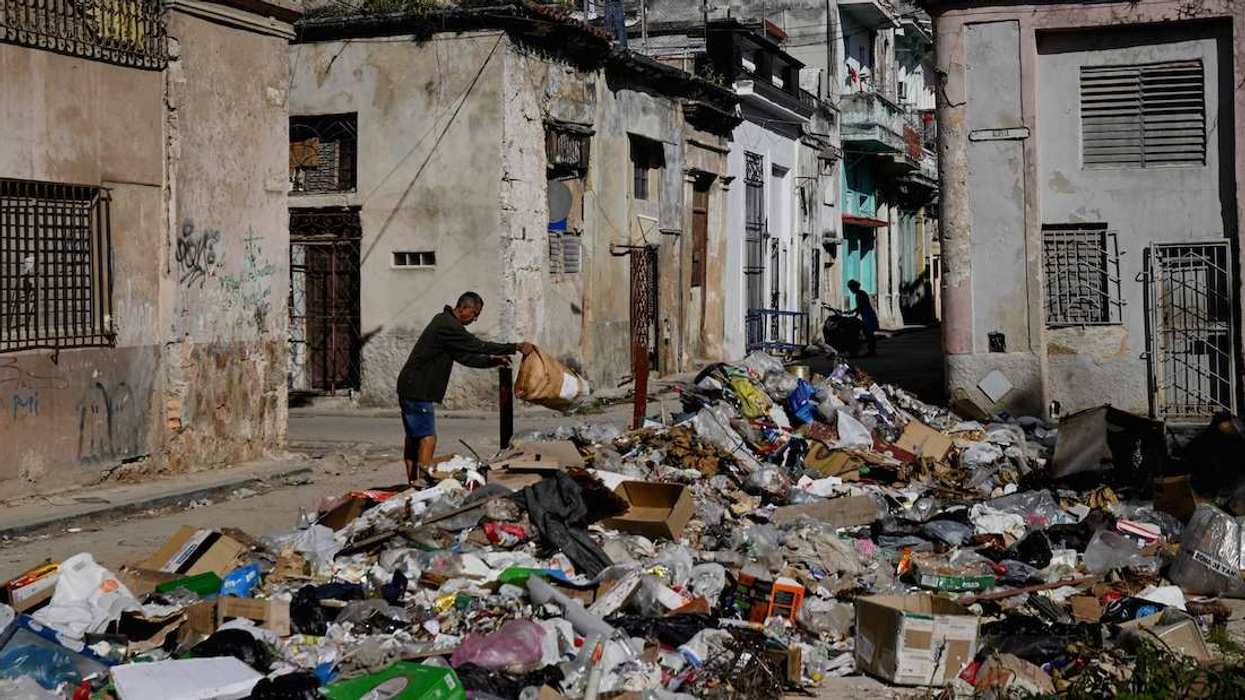Argentines will vote on Sunday in the country’s most unpredictable, topsy-turvy election in recent memory.
The leading candidate is shaggy-haired firebrand Javier Milei, a social-media-savvy political outsider who describes himself as an “anarcho-capitalist.” Milei wants to radically shrink the government, adopt the US dollar, and ban sex education.
His more colorful proposals include legalizing the sale of human organs and converting to Judaism. Milei came in first in a presidential primary in August and is currently polling above 35%.
Argentines are fed up. Milei’s popularity, especially with younger voters, arises from widespread frustration with the established parties – and it’s not hard to understand why. Argentina is suffering through its worst economic crisis in decades: Inflation has topped 120%, three out of five Argentines now live in poverty, and the peso is one of the worst-performing currencies in the world.
“Milei has been able to capture this disenchantment as he lashes out at all political parties,” says Luciano Sigalov, an Argentina expert at Eurasia Group.
Ironically, Milei’s pledge to dollarize the economy has contributed to an even greater selloff of the peso, adding to precisely the economic woes that have helped to make him the frontrunner.
“His dollarization proposals sound increasingly attractive to many who see the value of their pesos rapidly evaporating,” Sigalov points out.
But Milei isn’t the only show in town. There are two other formidable candidates:
Former Security Minister Patricia Bullrich. She has built her campaign around a promise to “restore order” and is polling at 29%. Although Argentina’s homicide rate is one of the lowest in Latin America, several high-profile instances of violence by drug gangs in the port city of Rosario — one of which included a threat to soccer legend Lionel Messi — have put public safety on the ballot.
Economy Minister Sergio Massa. The candidate of the currently governing Peronist coalition is polling at 26%. As a moderate and technocratic voice within typically left-wing Peronism, Massa is seen as a safe pair of hands who has credibility with the private sector and has strong support from his own coalition.
The election rules are complicated. To win outright, the top candidate must get at least 45% of the vote OR must surpass the runner-up by at least 10 points. So, for example, you can win with 42%, but only if the runner-up has 32% or less.
If no one is able to meet either of these conditions, then the top two finishers will head to a runoff on Nov. 19.



















